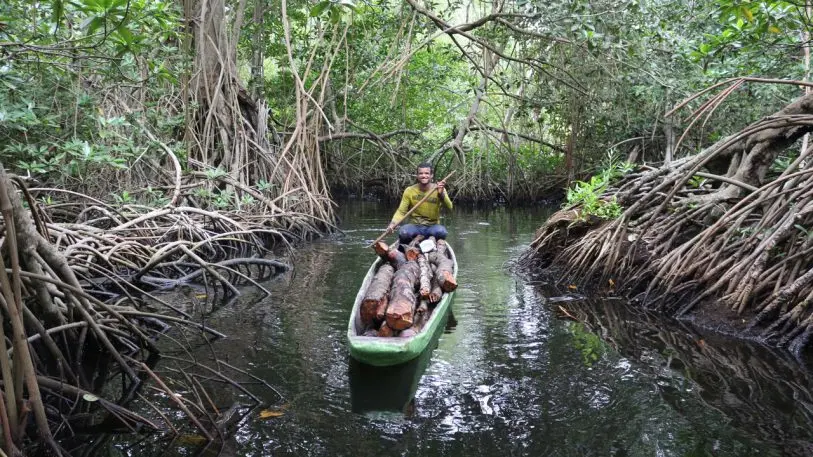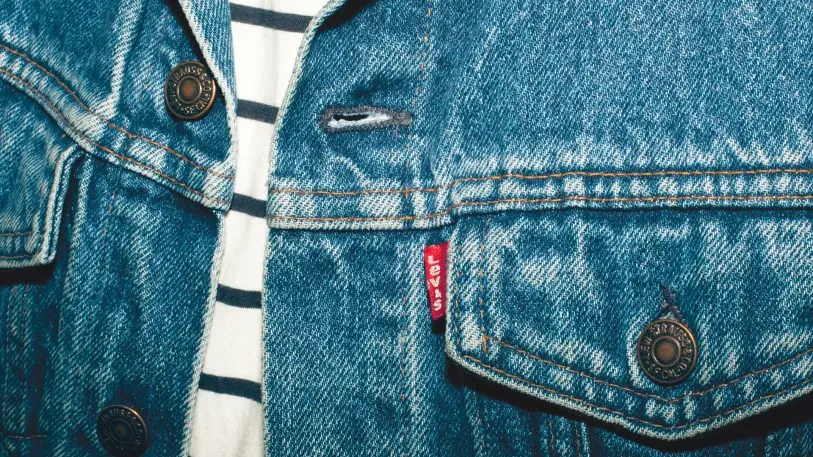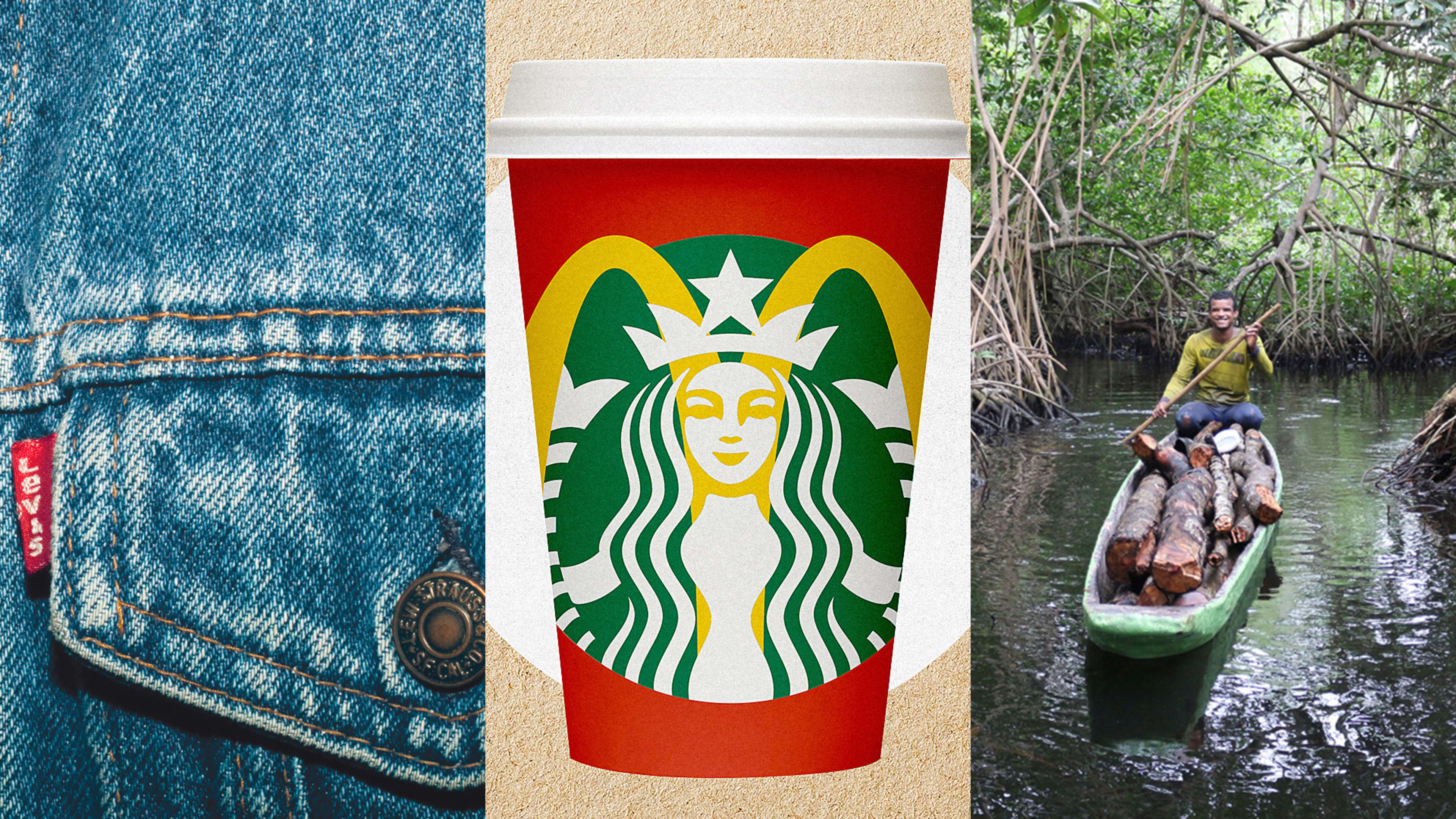In times of political inaction at the national level in the U.S., people anxious for positive news have been looking to businesses and the corporate sector to step up.
And, pleasantly, many have delivered.
First off, a lot of them said no thank to single-use plastic. This year, inspired by a push from a broad coalition of activist groups, Starbucks pledged to phase out single-use plastic straws by 2020. Other major players like American Airlines and McDonald’s are makings similar shifts. McDonald’s and Starbucks are also teaming up to develop a compostable coffee cup. Through a new pledge launched by the Ellen MacArthur Foundation, 250 organizations, including brands like H&M, PepsiCo, and Unilever, as well as the World Economic Forum and 40 academic institutions, will work together to develop a circular economy for plastic. The aim is to shift away from plastic when unnecessary, and ensure that all that is used is recycled. By 2025, they want all plastic packaging to be reusable, recyclable, or compostable–and not end up in the oceans or landfill, where it harms environments.

A handful of companies are already tackling the plastic recycling mandate in creative ways. A partnership launched by Dell and the Lonely Whale Foundation, NextWave, is encouraging companies to collect ocean-bound plastic and turn it into products. HP, for instance, is making ink cartridges from plastic collected in Port-au-Prince, Haiti, and Ikea will also begin prototyping products made from ocean-bound plastic next year. Everlane has begun repurposing plastic into outerwear through its ReNew collection, and has pledged to eliminate new plastic from its entire supply chain by 2021. The North Face, too, is moving in that direction: In 2018, the outdoor gear retailer launched the Bottle Source Collection, featuring T-shirts and tote bags made from bottles collected at national parks, and converted its popular ThermoBall jackets to use recycled plastic bottles. Several companies, including Thread and Repreve, specifically manufacture threads and textiles from plastics and partner with clothing companies interested in integrating them into their wares.

Plastic, though, is just one aspect of environmental damage that companies are trying to mitigate. In parts of the developing world, deforestation and monoculture farming practices have wreaked havoc on local environments. Recognizing this, some companies are working to build back diverse ecosystems. The natural beauty company Lush, for instance, has launched a program in Guatemala to encourage the regrowth of native crops like vanilla and avocado, which it uses in its products. By funding farmers to reintroduce those crops, Lush wants to help reverse the damage of decades of forest clearing for palm oil plantations, which has drained the soil of nutrients. Annie’s, an organic food company, is sourcing wheat from a farm in Montana that uses regenerative farming practices–a method of planting and land use that both restores soil and sequesters carbon in the ground (this year, a coalition of brands including Dr. Bronner’s and Patagonia developed a regenerative agriculture certification). In perhaps the largest-scale environmental regeneration initiative this year, Apple is investing in a massive initiative in Colombia to restore and protect a 27,000-acre forest of mangroves–one of the most effective carbon-sucking species on the planet.

And speaking of carbon, some of the most high-profile sustainability initiatives from companies have involved trying to reduce their emissions. First, a number of delivery companies, including UPS and FedEx, have begun work on transitioning their fleets to electric vehicles (UPS is also testing deliveries by e-bike). Ikea is also shifting to zero-emissions delivery vehicles.
On a broader scale, Apple, by working with a number of utilities to ramp up solar and wind production, now runs on 100% green energy at its own facilities. It’s also convinced a number of companies it works with along its supply chain to begin converting to clean energy, and has set an important precedent as the tech industry grapples with the energy demands of its data centers and massive footprints. Levi’s also has bold plans: The company will be powered by 100% renewable energy at its own facilities by 2025, and will also cut emissions in those buildings by 90% from where they were in 2016. Levi’s also wants to cut emissions by 40% along its whole supply chain, which no other company has attempted to do. Doing so, however, could have global ramifications, and set an example that the whole manufacturing and apparel industry can mimic in cleaning up their own acts.
While we need national and systemic changes to stop climate change, these companies can also make a difference. This is by no means a complete picture of all the sustainability work happening in the private sector–and that is something that should be a cause for optimism.
Recognize your brand’s excellence by applying to this year’s Brands That Matter Awards before the early-rate deadline, May 3.
